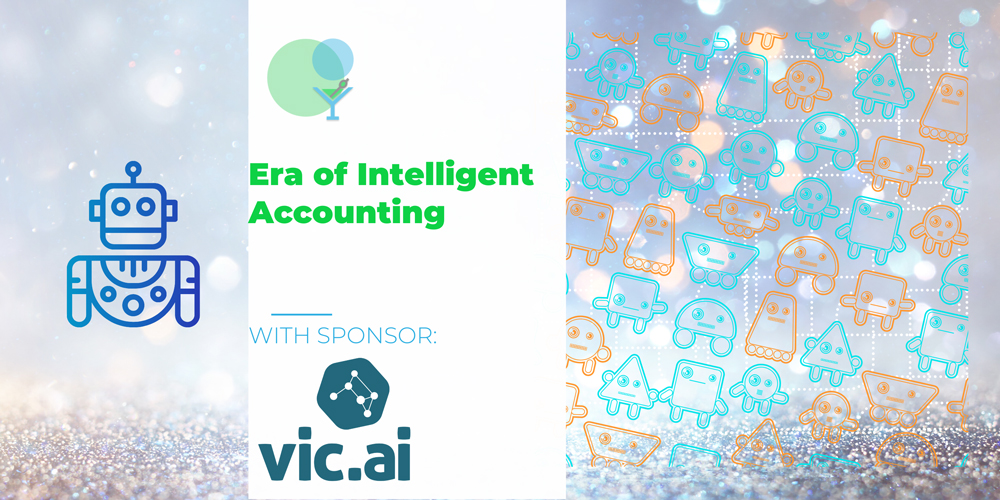Five hundred years ago, Benedetto Cotrugli invented double-entry accounting. The mid-1800s brought about the first mechanical calculator. In the 1970s, VisiCalc, the “visible calculator,” was the first spreadsheet computer program. And for the past decade, cloud computing has allowed accountants to do business online.
Today, Artificial Intelligence (AI) has given us the next Era of Intelligent Accounting, providing greater efficiency and accuracy for accounting firms to work remotely and scale their teams.
What Do AI and ML Have to Do with the Future of Accounting?
It’s not the future – we’re already here. If you’re using Amazon’s Alexa, Facebook, Lyft, Netflix, or Uber, then you’ve already interacted with AI likely without even knowing it.
Within B2B, companies use AI to improve end-user experience and employee productivity. From healthcare companies using AI and Machine Learning (ML) to predict which drugs may treat COVID-19, to eCommerce giants using chatbots to engage with customers, to banks using ML to analyze their data and figure out what charges should be classified as fraudulent – companies are using AI right now.
All transaction processing – whether bank transactions, expense transactions, invoices, payroll, accruals, or adjustments for example – will ultimately be automated in some capacity and the accounting industry will be just as impacted as any other.
Why Should Accounting Firms Use AI?
Accounting firms are no different than any other company when it comes to one thing: needing a competitive advantage. And today there is more competition than ever before.
Clients have 24/7 expectations, but no accounting firm has CPAs working around the clock. And if your client has a question about the CARES Act at 2 a.m., your client will seek out an answer online.
How can you deliver more to your clients than the company across the street? As COVID-19 is forcing many companies to limit their staffing plans, stepping up your client services game can only happen if you improve your productivity, efficiency, and remote accounting process.
From Sporadic to Continuous Accounting
Today, every invoice is touched by humans in a series of manual steps. The invoices get retrieved from an inbox, data is keyed in, and the costs are assessed and categorized to the appropriate general ledger (GL) accounts and dimensions.
Often, a senior person reviews this work before it’s kicked into an approval process. Then someone else makes a judgment on when to execute the payment.
AI applications automate manual processes.
AI is constantly learning and growing smarter over time and eventually becomes self-sufficient. Vic.ai starts off by making invoice processing suggestions to accountants based on a confidence score.
Once trained, the AI makes accounting decisions automatically, ultimately reaching a point where there is little to no need for human oversight. Every day, Vic.ai’s accuracy and confidence scores go up, moving more work from augmentation to full automation.
After the AI is up and running on its own, your accounting firm achieves a state of continuous accounting, where the AI can process transactions from anywhere in the world, any time of day, without human error.
Increasing your Accounting Intelligence
So how can your accounting firm thrive in the Era of Intelligent Accounting?
It starts with focusing on your clients first. And only automation and AI allow accountants to concentrate on their business and not on tasks, so they can advise their clients and provide a broader set of services. With these new accounting superpowers, your clients’ businesses can run better, grow faster, and become more profitable.
If you’d like to learn more about taking your accounting practice to the next level, be sure to download our ebook “The Future of Accounting Technology” (Preparing for Artificial Intelligence (AI) and Machine Learning).
